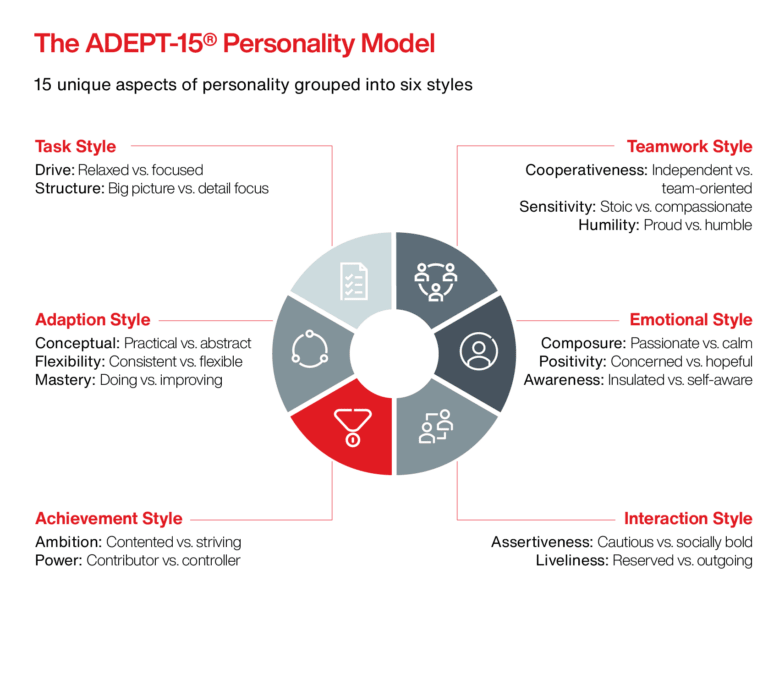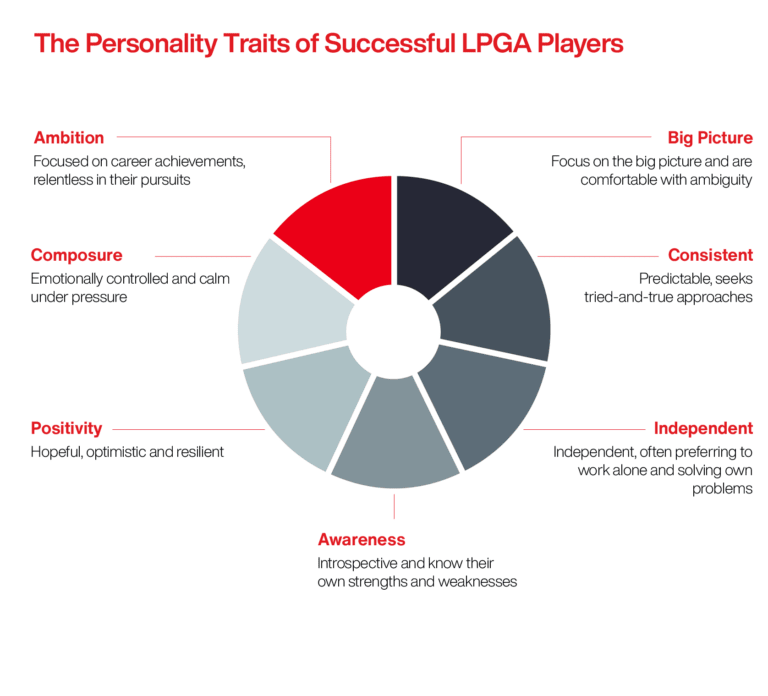
Podcast 23 mins
Better Being Series: Understanding Burnout in the Workplace
Data and analytics are giving organizations new insights into the best ways to find and support talent. Though businesses are increasingly using data and new technology as part of their staffing processes, leaders in other fields are also taking a scientific approach to people solutions. In the world of sports, the Ladies’ Professional Golf Association (LPGA) is now using some of the same technology that employers rely on to identify and develop golfers with high talent potential. Using Aon’s ADEPT-15 personality assessment technology, which is a tool that takes a scientific, trait-led approach to measure the core behaviors required for success across all roles within an organization, the LPGA has created Success Profiles for its top players and used these insights in strategic talent development. In an interview with Aon, Blake Henderson, director of athlete policy and development at the LPGA, shared how data can improve performance and resilience among players.

In golf, data is everything! Data drives decision-making for players both on and off the course. Players are constantly searching to find an edge over the competition. An increased emphasis on data-driven decisions has allowed players to make the most of each and every opportunity.
Determining the talent potential of a player can be challenging at times. For new professionals, often the on-course results may not align with the overall potential of the player. New professionals have many obstacles to overcome and have no experience to pull from to combat these new challenges.
The results provided by the ADEPT-15 assessment have allowed our team to see past the on-course results and better understand the true potential of each player. We are also now better equipped to provide information and recommendations to players based on their unique needs. Knowing the true strengths and areas of improvement for each player allows us to provide more accurate recommendations for programs and services to drive performance in specific areas of development. Since the inception of the program, we have seen a direct correlation between player growth off the course and success on the course.
After completing the assessment and reviewing the player report with the athlete development team, the player has a clearer picture of their true strengths and areas of improvement. The player works directly with the athlete development team to craft a personalized action plan. The player is then connected with existing resources within the athlete development department.
The assessment and Success Profile allow the player to easily identify their areas of untapped potential talent. This helps to build resilience among the players. They know there is a viable pathway forward for constant improvement. They now have the knowledge, resources, and action plan to achieve it.
We attempt to add value to each player at every stage of their career. For the first time, we can bring a data-driven approach to better assist our players in the development process. The unique player report provides the opportunity to personalize the development resources for each player.
Engagement is a major factor in athlete development. This process has allowed us to better connect and engage with our players. It creates natural entry points for us to add value to players and point them in the right direction based on their specific needs.
After extensive research and a case study performed on our Epson Tour players, we’ve been able to understand the characteristics that make successful female professional golfers and LPGA players. These success characteristics are ambition, awareness, big picture thinking, composure, consistency, independence, and positivity.

The research and case study helped to confirm many of our previous assumptions in this space. This has also helped us to reinforce the value of big picture thinking with our players and move from a results-oriented mentality to a process-oriented mentality.
Identifying these traits and knowing where each player stands in the development process for each characteristic has been vitally important. This helps us to remove any prior assumptions and know the true value for each player. We then can work together with the player to develop an athlete development action plan built to serve their unique needs based on objective information derived from a data-driven process. This allows us to assist the player in building a strong foundation for their entire career.
Like we have seen in professional golf, organizations can learn a lot from prioritizing data. Using success characteristics and implementing corresponding off-the-course resources has a direct correlation with the success a player experiences on the course.
An organization should focus on providing assistance and resources to support the whole person, not just the revenue-producing part of the employee. Using a data-driven approach to development will assist the employee in knowing their strengths and areas of improvement but will go much further. The employee will feel a sense of togetherness with the organization and truly know the organization is looking out for her or his best interests. This will lead to increased results from the employee while creating more goodwill towards the organization.
As with anything new, people are always hesitant to make changes to the status quo. Organizations may initially experience pushback, especially from more senior employees. However, this will quickly diminish if the organization can appropriately convey the value the employees will receive from incorporating these types of analytics into performance management and team-building strategies.
Implementing these strategies will also allow organizations to better understand employees, how to serve them, and how to more appropriately equip managers to lead.
General Disclaimer
The information contained herein and the statements expressed are of a general nature and are not intended to address the circumstances of any particular individual or entity. Although we endeavor to provide accurate and timely information and use sources we consider reliable, there can be no guarantee that such information is accurate as of the date it is received or that it will continue to be accurate in the future. No one should act on such information without appropriate professional advice after a thorough examination of the particular situation.
Terms of Use
The contents herein may not be reproduced, reused, reprinted or redistributed without the expressed written consent of Aon, unless otherwise authorized by Aon. To use information contained herein, please write to our team.
Our Better Being podcast series, hosted by Aon Chief Wellbeing Officer Rachel Fellowes, explores wellbeing strategies and resilience. This season we cover human sustainability, kindness in the workplace, how to measure wellbeing, managing grief and more.
Expert Views on Today's Risk Capital and Human Capital Issues
Expert Views on Today's Risk Capital and Human Capital Issues
Expert Views on Today's Risk Capital and Human Capital Issues
The construction industry is under pressure from interconnected risks and notable macroeconomic developments. Learn how your organization can benefit from construction insurance and risk management.
Stay in the loop on today's most pressing cyber security matters.
Our Cyber Resilience collection gives you access to Aon’s latest insights on the evolving landscape of cyber threats and risk mitigation measures. Reach out to our experts to discuss how to make the right decisions to strengthen your organization’s cyber resilience.
Our Employee Wellbeing collection gives you access to the latest insights from Aon's human capital team. You can also reach out to the team at any time for assistance with your employee wellbeing needs.